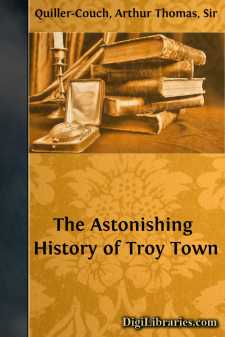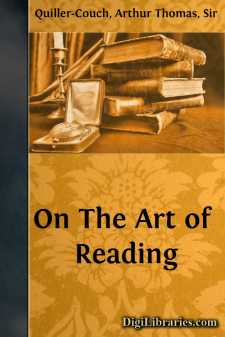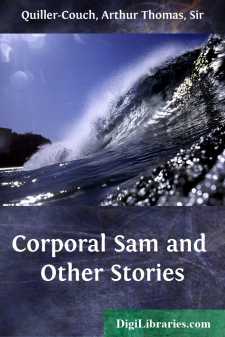Categories
- Antiques & Collectibles 13
- Architecture 36
- Art 48
- Bibles 22
- Biography & Autobiography 813
- Body, Mind & Spirit 142
- Business & Economics 28
- Children's Books 17
- Children's Fiction 14
- Computers 4
- Cooking 94
- Crafts & Hobbies 4
- Drama 346
- Education 46
- Family & Relationships 57
- Fiction 11829
- Games 19
- Gardening 17
- Health & Fitness 34
- History 1377
- House & Home 1
- Humor 147
- Juvenile Fiction 1873
- Juvenile Nonfiction 202
- Language Arts & Disciplines 88
- Law 16
- Literary Collections 686
- Literary Criticism 179
- Mathematics 13
- Medical 41
- Music 40
- Nature 179
- Non-Classifiable 1768
- Performing Arts 7
- Periodicals 1453
- Philosophy 64
- Photography 2
- Poetry 896
- Political Science 203
- Psychology 42
- Reference 154
- Religion 513
- Science 126
- Self-Help 84
- Social Science 81
- Sports & Recreation 34
- Study Aids 3
- Technology & Engineering 59
- Transportation 23
- Travel 463
- True Crime 29
The Astonishing History of Troy Town
Description:
Excerpt
CHAPTER I.
"Any news to-night?" asked Admiral Buzza, leading a trump.
"Hush, my love," interposed his wife timidly, with a glance at the Vicar. She liked to sit at her husband's left, and laid her small cards before him as so many tributes to his greatness.
"I will not hush, Emily. I repeat, is there any news to-night?"
Miss Limpenny, his hostess and vis-a-vis, finding the Admiral's eye fierce upon her, coughed modestly and announced that twins had just arrived to the postmistress. Her manner, as she said this, implied that, for aught she knew, they had come with the letters.
The Vicar took the trick and gathered it up in silence. He was a portly, antique gentleman, with a fine taste for scandal in its proper place, but disliked conversation during a rubber.
"Twins, eh?" growled the Admiral. "Just what I expected. She always was a wasteful woman."
"My love!" expostulated his wife. Miss Limpenny blushed.
"They'll come to the workhouse," he went on, "and serve him right for making such a marriage."
"I have heard that his heart is in the right place," pleaded Miss Limpenny, "but he used—"
"Eh, ma'am?"
"It's of no consequence," said Miss Limpenny, with becoming bashfulness. "It's only that he always used, in sorting his cards, to sit upon his trumps—that always seemed to me—"
"Just so," replied the Admiral, "and now it's twins. Bless the man! what next?"
It was in the golden age, before Troy became demoralised, as you shall hear. At present you are to picture the drawing-room of the Misses Limpenny arranged for an "evening": the green rep curtains drawn, the "Book of Beauty" disposed upon the centre table, the ballad music on the piano, and the Admiral's double-bass in the corner. Six wax candles were beaming graciously on cards, tea-cakes and ratafias; on the pictures of "The First Drive," and "The Orphan's Dream," the photographic views of Troy from the harbour, the opposite hill, and one or two other points, and finally the noted oil-painting of Miss Limpenny's papa as he appeared shortly after preaching an assize sermon. Above all, the tea-service was there—the famous set in real silver presented to the late Reverend Limpenny by his flock, and Miss Priscilla—she at the card-table—wore her best brooch with a lock of his hair arranged therein as a fleur-de-lys.
I wish I could convey to you some of the innocent mirth of those "evenings" in Troy—those noctes Limpennianae when the ladies brought their cap-boxes (though the Buzzas and Limpennys were but semi-detached neighbours), and the Admiral and his wife insisted on playing against each other, so that the threepenny points never affected their weekly accounts. Those were happy days when the young men were not above singing the "Death of Nelson," or joining in a glee, and arming the young ladies home afterwards. In those days "Hocken's Slip" had not yet become the "Victoria Quay," and we talked of the "Rope Walk" where we now say "Marine Parade." Alas!...












